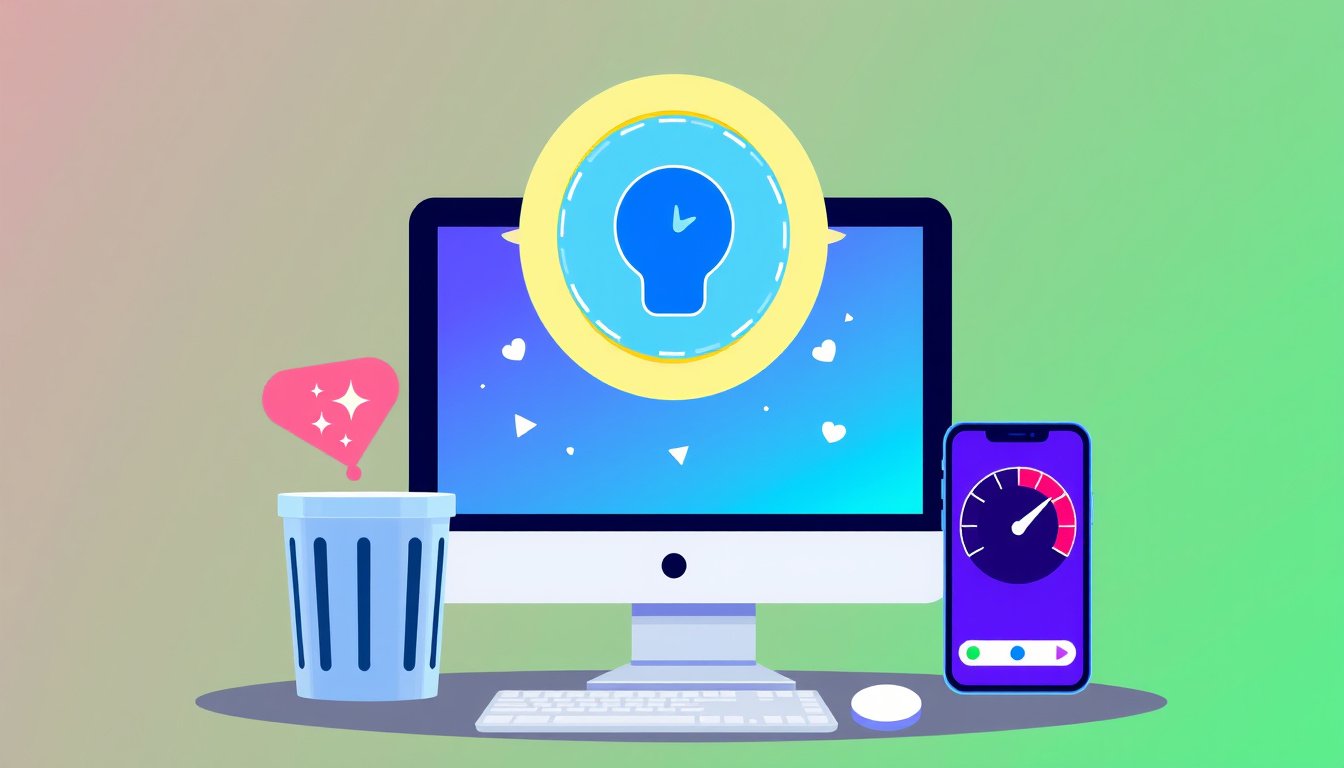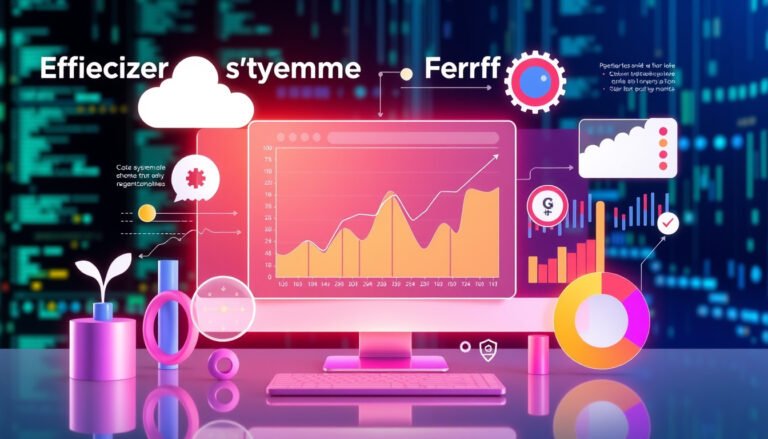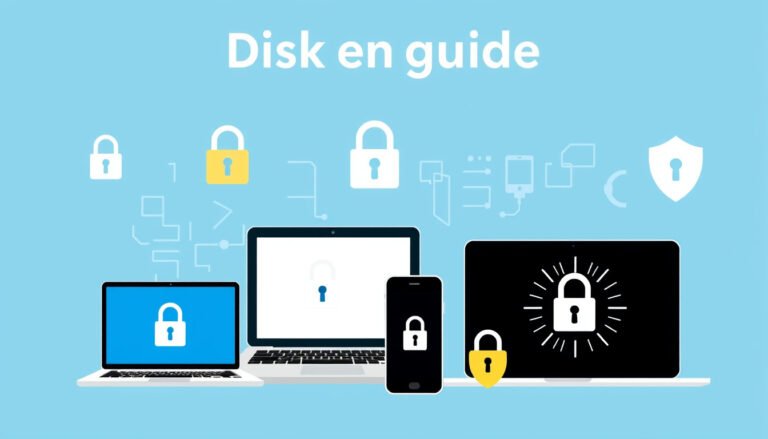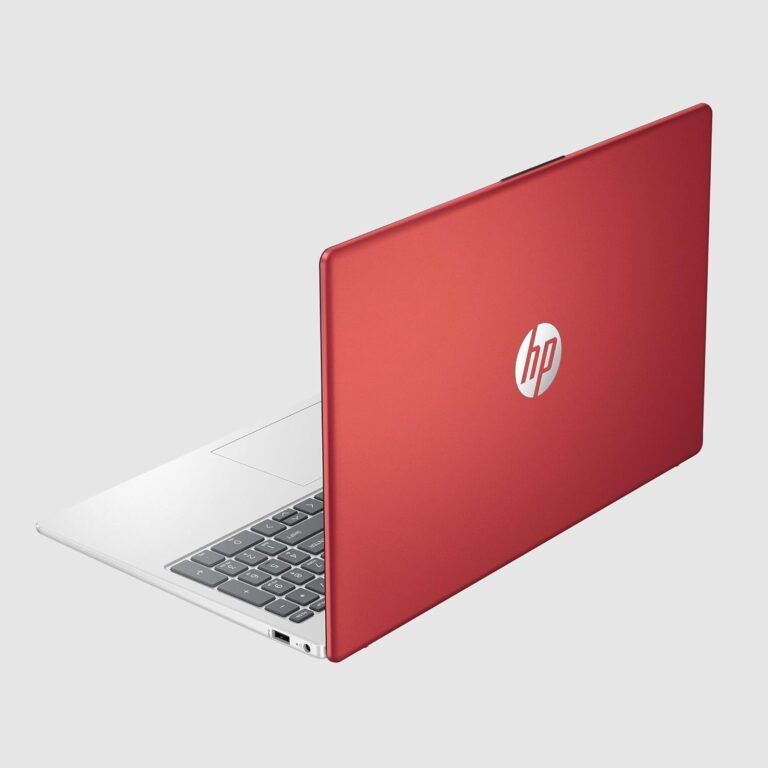
In today’s digital age, our devices and browsers accumulate temporary data called cache to speed up performance and enhance user experience. However, if left unchecked, cache can grow excessively, potentially slowing down your device, causing glitches, or exposing privacy concerns. Understanding the importance of clearing cache periodically is essential for maintaining optimal performance on your computers, smartphones, and web browsers.
What Is Cache and Why Does It Matter?
Cache is a collection of temporary files, such as images, scripts, and other web data, stored on your device when you visit websites or use apps. This stored information allows the device to load previously visited pages faster and saves bandwidth by avoiding downloading the same content repeatedly.
While cache improves speed initially, over time it can become cluttered with outdated or corrupted files. This can lead to:
- Slower Device or Browser Performance: Excessive cache consumes storage space and may cause applications to lag or freeze.
- Loading Outdated Content: You may not see the most recent version of websites or apps.
- Privacy Risks: Cached files may contain personal information or browsing habits.
- Software Conflicts: Old cache files might conflict with updates or features.
Therefore, clearing the cache periodically helps refresh the system for better speed, accuracy, and security.

How to Clear Cache on Different Platforms
Clearing Cache in Web Browsers (Example: Firefox)
One of the most common places where cache accumulates is your internet browser. For Firefox users, clearing the cache can be done manually or automatically.
-
Manual Clearing:
- Open Firefox and click on the menu button (three horizontal lines).
- Select Settings or Preferences.
- Navigate to the Privacy & Security panel.
- Under Cookies and Site Data, click Clear Data….
- Ensure only Cached Web Content is selected.
- Click Clear to remove cached files.
-
Automatic Clearing:
- In the Privacy & Security section, go to the History settings.
- Set Firefox to Use custom settings for history.
- Enable Clear history when Firefox closes.
- Click Settings… and check Cache only.
- Save changes.
This process clears temporary cached files and pages, freeing up storage and ensuring fresh content loading.
Clearing Cache on Mobile Devices
On smartphones and tablets, many apps store cache to enhance speed. Periodically clearing this cache can boost responsiveness:
- For Android: Go to Settings > Apps > [App Name] > Storage > Clear Cache.
- For iOS: While iOS doesn’t provide a direct cache clearing option for individual apps, you can offload or reinstall apps to clear cached data.
Additionally, browsers on mobile devices have their own cache clearing options accessible in their respective settings panels.
Clearing System Cache
Some devices allow clearing system cache partitions (especially Android), which caches temporary system files. This is typically done via recovery mode and helps resolve broader performance issues.
How Often Should You Clear Cache?
The frequency depends on your usage pattern. For light users, clearing cache every few months may suffice. For heavy users who browse intensively or use resource-demanding apps, monthly or even weekly clearing might be beneficial.
Using browser features to automatically clear cache on exit can be a hassle-free method to maintain consistent performance without manual effort.
Benefits of Clearing Cache Periodically
- Improved Speed: Removes outdated files that slow down loading times.
- Freed Storage Space: Helps recover valuable storage on devices.
- Enhanced Privacy: Limits saved data that could expose browsing behavior.
- Fewer Glitches: Reduces app crashes or website loading errors due to corrupted cache.
- Updated Content: Ensures you see the latest version of websites and apps.
Conclusion
Clearing cache periodically is a simple but powerful way to boost your device’s performance and maintain a smooth, secure user experience. By understanding what cache does and managing it effectively—whether on browsers like Firefox, mobile apps, or your system—you can keep your device running efficiently and ensure the most up-to-date content is always at your fingertips. Scheduling regular cache clearing tasks or enabling automatic clearance can save you from many common digital frustrations and optimize your technology for daily use.









